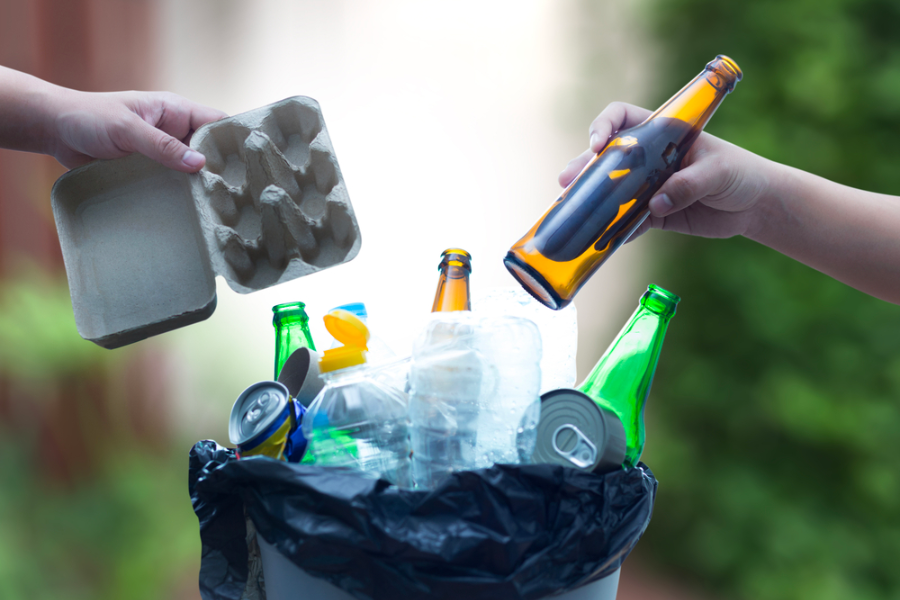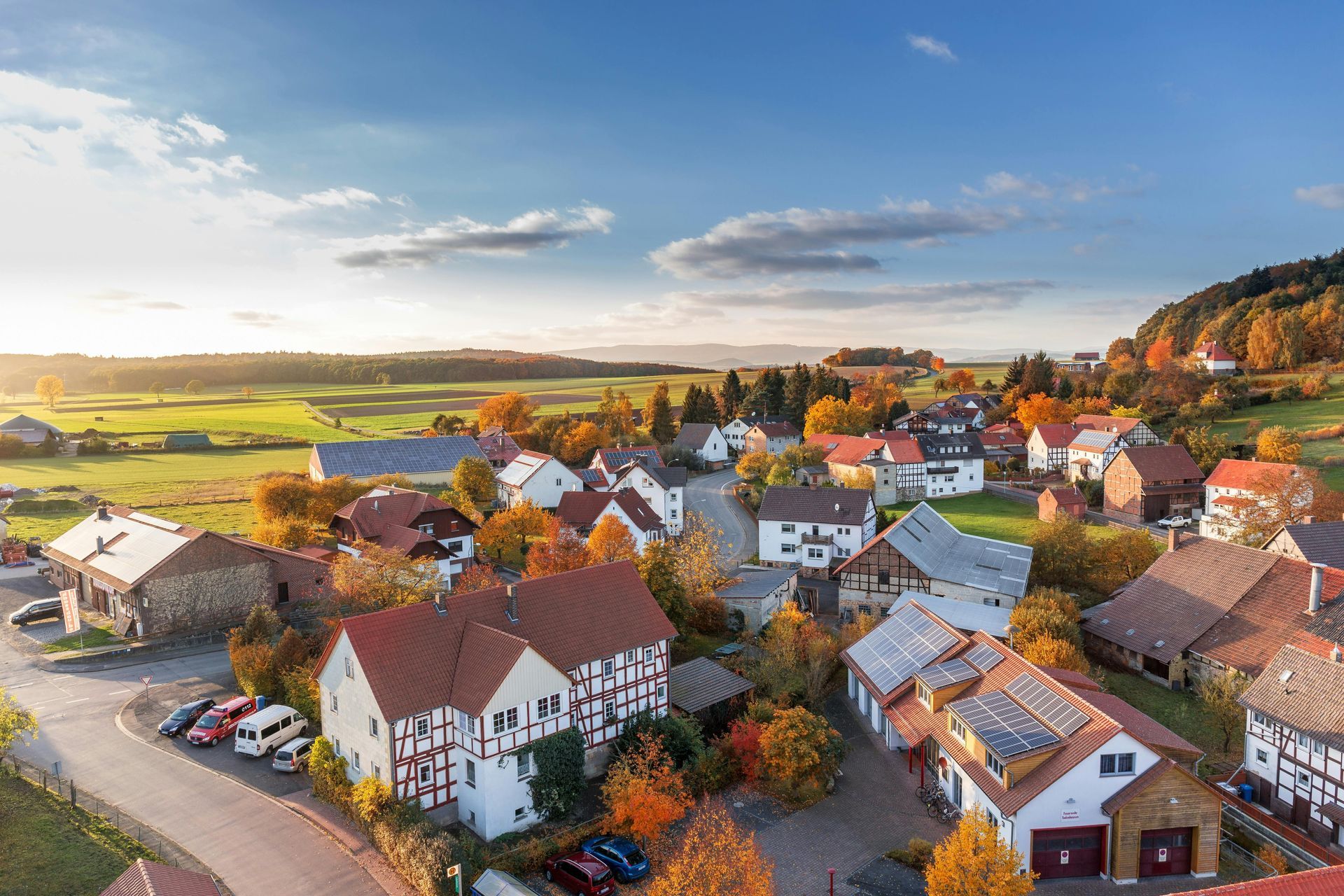Food, Culture, and Loss
June 19, 2018
"If I'm an advocate for anything, it's to move.
As far as you can, as much as you can.
Across the ocean, or simply across the river.
Walk in someone else's shoes or at least eat their food."
- Anthony Bourdain
The world suffered a great loss with the death of Anthony Bourdain earlier this month. Through his television shows, interviews, books, and public speaking engagements, Bourdain provided us with a taste of a wider world. Most importantly, while he introduced us to impressive diversities of cuisines, cultures, and people, he also demonstrated that through cooking and sharing meals, all of the world’s people have much in common.
Bourdain was an enthusiastic advocate of traveling and exploring the world through the local cuisine of the places we visit. I had the privilege of hearing Bourdain speak a couple of years ago, and he articulated this simple yet profound message throughout his talk.
He observed that when many Americans travel, they eat at their hotels or even the fast food joints that have become ubiquitous around the world. He, on the other hand, encouraged everyone to explore the places we visit through tasting their local food, and by “eating what the locals eat” to fully immerse ourselves in our travel experiences.
Through the simple act of sharing a meal, we become more accepting of others and their cultures. Watching Bourdain explore countries around the world, including in the Middle East and Africa, we realize he brought us a better understanding of these countries, a greater acceptance of our differences, and celebration of our similarities. He was a fabulous storyteller who could bring us a country’s history and culture to life through its food.
He spoke out against prejudice and became a voice for marginalized populations. He advocated for better working conditions for restaurant employees, the need to truly address drug addiction and fund workable solutions for recovery, and was a vocal supporter of the “me too” movement.
Above all he was honest and unwavering in his support of all cultures and diversity.
Bourdain spoke of food waste as “an issue that goes fundamentally against my instincts as a longtime working cook and chef, where we were taught from the very beginning that one just does not and cannot and must not waste food." In 2017, he produced WASTED! The Story of Food Waste.
The film’s website states that WASTED! “aims to change the way people buy, cook, recycle, and eat food.” Having viewed the film in a room filled with college students, I believe it successfully reaches its goals. Food waste is discussed through interviews with chefs, including Bourdain, Dan Barber, Massimo Bottura, and Danny Bowien.
WASTED! explores the issues most of us in materials management are familiar with—the impacts of food waste and its contribution to climate change. Most importantly, the film demonstrates concrete actions we can all take to reduce food waste and make a difference. The film presents companies such as Toast Ale, an English company which brews beer from unsold loaves of bread from bakeries, and unused crusts from sandwich makers. All profits made by Toast Ale go to Feedback, an environmental charity campaigning to end food waste.
The film explores how throughout Japan, food scraps are collected and used for livestock feed—farmers are heard bragging about how their particular blend of food scraps makes for the best tasting meat. The collection of food waste for anaerobic digestion occurs throughout South Korea, reducing disposal needs and helping to meet the country’s energy needs.
WASTED! points to the responsibility we all have to reduce and divert wasted food. As Bourdain states, "It begins in a sense with, how do we value the things we eat? It begins with just starting to pay attention to how much food you're buying, how much you are actually using, what you are doing with it."
There are many great people who have left their mark on the world, Anthony Bourdain is indeed one of them.
By Athena Lee Bradley


© 2024 All Rights Reserved | Northeast Recycling Council | Privacy Statement | This site is powered by Neon One



